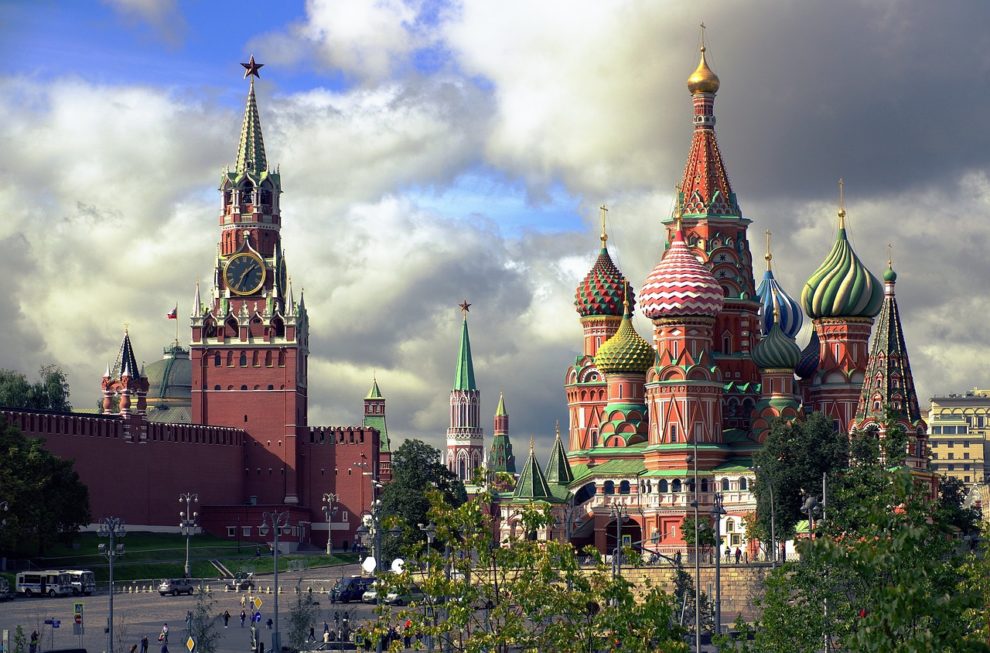Russia’s Special Presidential Envoy for Afghanistan, Zamir Kabulov, stated on July 20 in Moscow that India cannot participate in the expanded group of three format because it has no influence over the Taliban.
India has not been invited to Russia’s extended troika talks on Afghanistan, which are scheduled to take place on August 11.
“The ‘Extended Troika’ format, which includes Russia, the United States, China, and Pakistan, is convened solely to facilitate the start of intra-Afghan talks leading to a national accord. Only countries with unambiguous influence on both sides [of the conflict] are invited to participate “According to Tass, the envoy explained.
Furthermore, the tensions between India and Pakistan are being projected onto the situation in Afghanistan.
“The Indians suspect the Pakistanis of striving to use Afghanistan as a strategic rear. The Pakistanis suspect India of wanting to use Afghan territories to harm Pakistan’s interests. This is their affair. As they say, a plague on both your houses,” Kabulov said.
“India’s future efforts, in a more expanded format, will only be welcomed. This expanded format will involve Afghanistan’s post-conflict development. Here, India’s clout and its role are rather significant,” he specified at an online discussion of the international Valdai discussion club.
Alexander Bikantov, deputy spokesman for the Russian Foreign Ministry, announced the new troika meeting on August 11 in Doha.
“Against this background, we continue to seek from all parties in Afghanistan the launch of substantive peace talks. With this aim, the participation of Russian Special Presidential Envoy for Afghanistan and Director of the Foreign Ministry’s Second Asian Department, Zamir Kabulov, is planned in a new meeting of the expanded trio (Russia, the US, China and Pakistan) in Doha, scheduled for August 11,” he added.
According to a report published by The Atlantic Council, the US withdrawal and potential power vacuum in the region will allow Russia to establish a geopolitical foothold in Afghanistan.
It has already begun establishing relationships with Afghan political factions for this purpose. Russia still sees itself as a regional hegemon and sees the US withdrawal as an opportunity to revitalise its role and expand its power in the region by forging alliances, particularly with China.
It went on to say that Beijing’s primary goal of securing economic gains can be met by leveraging Afghanistan’s role as a regional connector in either the Belt and Road Initiative or the China-Pakistan Economic Corridor.
Both Beijing and Moscow are eager to undermine Washington, following the rule of “enemy of my enemy is my friend.” China and Russia are closer than they have been since the mid-1950s.
These countries will broaden their political outreach to the region through bilateral and trilateral agreements, well aware that global power romances do not last long.
For the time being, both Beijing and Moscow will maintain a presence in Afghanistan to mitigate the security risks posed by the country’s instability.
In March, Russian observers such as Serenko, Sergey Strokan, and Elena Chernenko, writing for the Kommersant daily, chastised Moscow for jeopardising its traditional good relations with India by failing to invite it to the extended troika meeting, thereby pushing India closer to the US, which plans to invite India to the Istanbul conference.
